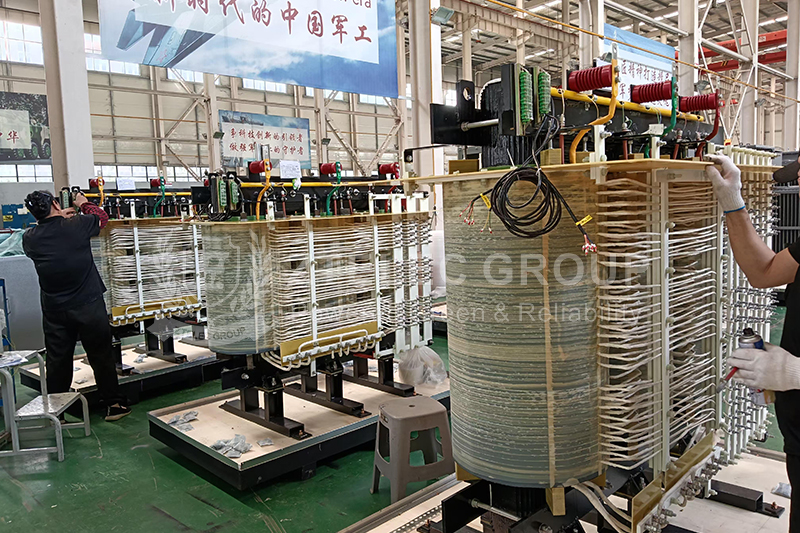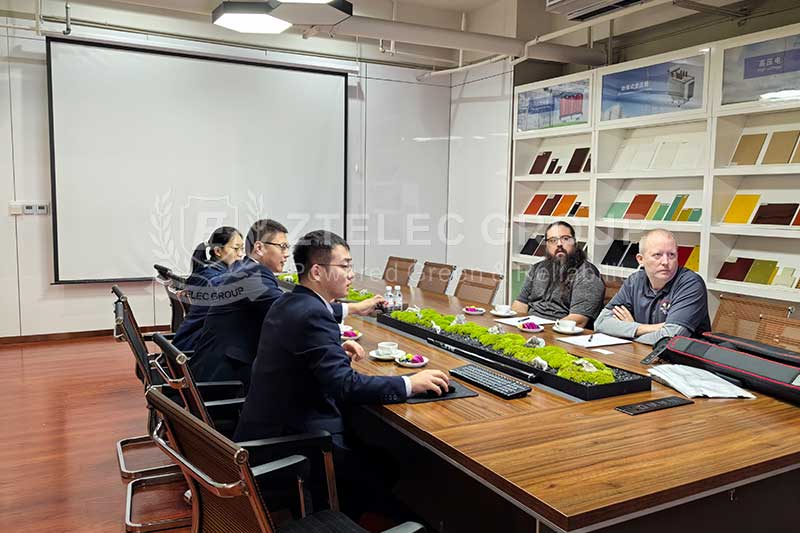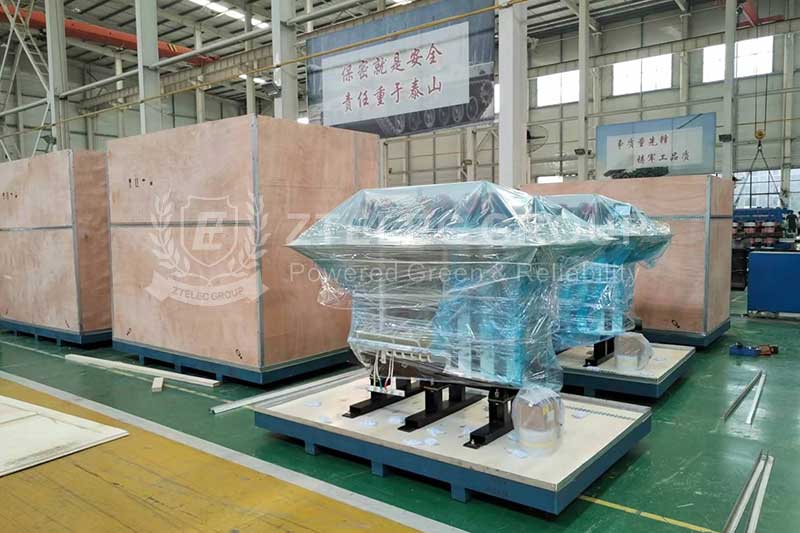What are phenols and what electrical insulation materials can they be made from?
phenolic
what is phenolic
Phenolic refers to a class of organic compounds that contain a phenol group, which is a hydroxyl (-OH) group attached to an aromatic hydrocarbon ring, typically benzene. Phenolic compounds are diverse and can have various structures and properties. The term "phenolic" is often associated with materials derived from phenol, such as phenolic resins and phenolic compounds used in the production of plastics and resins.
Here are two common uses of the term "phenolic":
-
Phenolic Resins: Phenolic resins, also known as phenol-formaldehyde resins, are synthetic polymers formed by the reaction of phenol (an aromatic alcohol) with formaldehyde. These resins have excellent heat resistance, chemical resistance, and mechanical strength. Phenolic resins are widely used as adhesives, binders, and coatings in various industries, including the production of plywood, laminates, and molded products.
-
Phenolic Compounds in Chemistry: In a broader chemical context, the term "phenolic" is used to describe compounds that contain a phenol group. Phenolic compounds can be natural or synthetic and are found in a variety of substances, including certain plants, foods, and pharmaceuticals. Examples of natural phenolic compounds include flavonoids, tannins, and various plant polyphenols.
Which electrical insulating materials are made of phenols, 10 examples
Phenolic resins, derived from phenol and formaldehyde, are used in the production of electrical insulating materials due to their excellent insulating properties, heat resistance, and durability. Here are ten examples of electrical insulating materials made from phenolic resins:
-
Phenolic Laminates (Phenolic Sheets): These are made by impregnating layers of paper or fabric with phenolic resin and then curing under heat and pressure. The resulting laminates are rigid, strong, and have good electrical insulation properties. Examples include materials like "Phenolic Cotton Cloth Laminate" and "Phenolic Paper Laminate."
-
Phenolic Molded Insulators: Various electrical components, such as bushings, insulating blocks, and switchgear components, are molded from phenolic resins to provide electrical insulation.
-
Phenolic Electrical Insulation Sleeves: Sleeves made from phenolic resins are used for insulating wires, cables, and other electrical components.
-
Phenolic Insulating Washers and Spacers: Precision-molded washers and spacers made from phenolic materials are used to separate and insulate electrical components.
-
Phenolic Resin-Bonded Mica Products: Mica sheets or flakes bonded together with phenolic resins are used to create electrical insulating materials with high thermal and electrical resistance.
-
Phenolic Resin-Bonded Glass Cloth: Glass cloth impregnated with phenolic resin is used to create electrical insulating materials with good mechanical strength and electrical insulation properties.
-
Phenolic Resin-Bonded Paper Tubes: Tubes made from paper impregnated with phenolic resin are used for insulating applications, such as in transformers.
-
Phenolic Transformer Bushings: Transformer bushings are crucial components for insulating and supporting electrical conductors as they enter or exit a transformer tank.
-
Phenolic Gears and Insulating Components: In certain electrical devices and machinery, phenolic materials are used to create gears and other insulating components.
-
Phenolic Resin-Bonded Fiberglass Reinforced Plastics (FRP): Fiberglass-reinforced plastics, bonded with phenolic resins, are used in electrical applications where high mechanical strength and electrical insulation are required.
What are the uses of phenolic materials
Phenolic materials, derived from phenolic resins, find a wide range of uses due to their desirable properties such as excellent electrical insulation, heat resistance, chemical resistance, and durability. Here are some common uses of phenolic materials:
-
Electrical Insulation: Phenolic materials, including laminates, molded components, and insulating coatings, are widely used in the electrical industry for insulating various components, such as transformers, switchgear, and electrical panels.
-
Thermal Insulation: Phenolic foam insulation is used in building construction for thermal insulation in walls, roofs, and floors. It provides effective heat resistance and energy efficiency.
-
Automotive Components: Phenolic materials are used in the automotive industry for manufacturing components such as brake components, clutch facings, and engine parts. They offer heat resistance and good mechanical properties.
-
Aerospace Applications: Phenolic materials find applications in the aerospace industry, particularly in the manufacturing of lightweight components for aircraft interiors and other structural elements.
-
Molded Components: Phenolic resins are used to mold a variety of components, including gears, bearings, and insulating blocks, due to their high mechanical strength and dimensional stability.
-
Construction Materials: Phenolic laminates and composites are used in the construction industry for applications such as cladding panels, facades, and architectural elements due to their strength, durability, and resistance to weathering.
-
Consumer Goods: Phenolic materials are used in the production of consumer goods such as kitchenware, tabletops, and decorative laminates due to their resistance to heat and chemicals.
-
Industrial Components: Various industrial components, such as bushings, spacers, and insulating washers, are made from phenolic materials to provide electrical insulation and mechanical stability.
-
Coatings and Adhesives: Phenolic resins are used as binders in coatings and adhesives, providing a durable and heat-resistant finish for various materials.
-
Medical Applications: Phenolic materials are utilized in medical devices and equipment where their properties, such as resistance to chemicals and sterilization methods, are beneficial.
-
Foundry Binders: Phenolic resins are used as binders in foundry applications to create molds for metal casting.
-
Ballistic Armor: Phenolic composites are used in the production of lightweight ballistic armor due to their strength and impact resistance.
-
Insulating Sleeves and Tubes: Phenolic materials are employed for insulating electrical wires and components, as well as in the production of insulating tubes for transformers and other applications.
Where to buy phenolic materials
Phenolic materials can be purchased from a variety of suppliers, including local distributors, specialty stores, and online retailers. Here are some places where you can buy phenolic materials:
-
Local Building Supply Stores: Many local building supply stores or construction materials retailers carry phenolic materials, especially phenolic foam insulation, laminates, and related products. These stores are often accessible and can provide in-person assistance.
-
Industrial Supply Companies: Companies that specialize in industrial supplies and materials may carry phenolic components, such as insulating blocks, molded parts, or laminates. Look for suppliers that cater to the specific needs of industries like electrical, manufacturing, or construction.
-
Online Retailers: Several online retailers offer a wide range of phenolic materials. Popular e-commerce platforms like Amazon, Alibaba, and others may have a selection of phenolic products. Make sure to check product specifications and customer reviews before making a purchase.
-
Specialty Insulation Suppliers: For phenolic foam insulation and related products, you may find specialized insulation suppliers that focus on providing materials for construction and HVAC applications. These suppliers may have an online presence or physical stores.
-
Industrial Distributors: Companies that specialize in distributing industrial materials and components may carry phenolic materials. These distributors often work with manufacturers and can provide bulk quantities if needed.
-
Specialty Fabricators: Some companies specialize in fabricating custom components using phenolic materials. If you need specific parts or custom solutions, reaching out to specialty fabricators or manufacturers could be a viable option.
-
Trade Shows and Exhibitions: Industry-specific trade shows, conferences, or exhibitions related to construction, insulation, or industrial materials often feature suppliers showcasing their products. Attending such events may provide an opportunity to connect with suppliers directly.
-
Manufacturer Websites: Some phenolic materials are sold directly by manufacturers. Visiting the official websites of companies that produce phenolic products may provide information on where to buy their materials.You can also come to our ztelecgroup website to inquire and purchase, or email us to inquire.
leave a message
If you are interested in our products, please feel free to contact us or send email to us. Email address:sales@ztelecgroup.com
- more+releated article
- 2026-01-29What are composite insulation materials and ho
- 2026-01-29NHN vs. AHA Insulation: Key Differences and Wh
- 2026-01-29Comparing NHN and AHA Insulation Paper in Moto
- 2026-01-29The Impact of NHN and AHA Insulation Paper on
- 2026-01-29The Role of NMN and AMA Insulation Paper in El
- 2026-01-29Applications of NMN Insulation Paper in Low-Vo
- 2026-01-29EPGC308 Epoxy Sheet — Electrical Insulation
- 2026-01-29Applications of EPGC203 Insulation Epoxy Glass
- 2026-01-29Ten Core Reasons to Choose Oil-Immersed Transf
- 2026-01-29Epoxy FR4 yellow board in power transformer
- product categorys
- ELECTRICAL INSULATION BOARD MATERIALS
- ELECTRICAL INSULATION MATERIALS
- POWER TRANSFORMER
- ENAMELED WIRE
- SWITCHGEAR
- FOLLOW US
- customer case
- fetured products
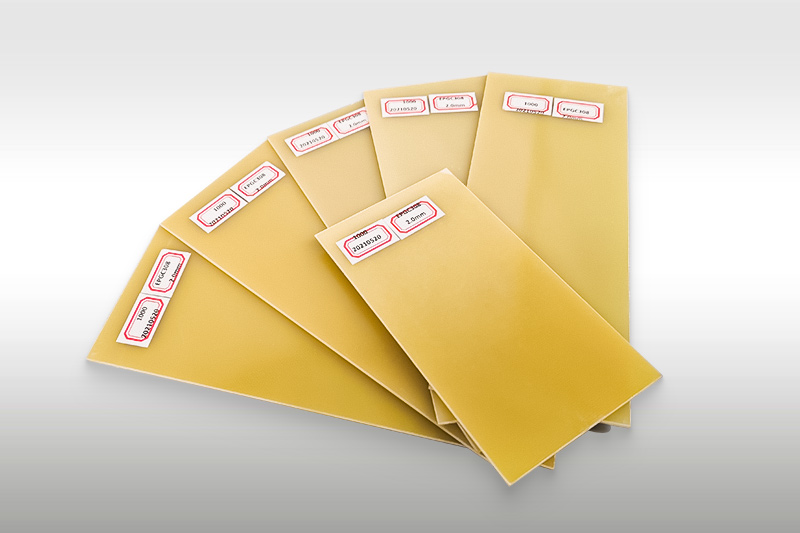
EPGC308 Epoxy Fiberglass Sheet
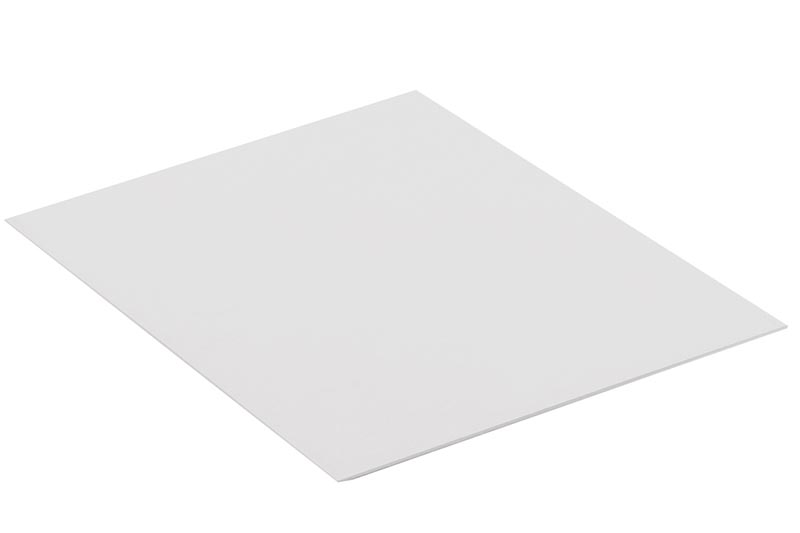
SMC Sheets
- tags
- composite insulation materialsNHN vs. AHA InsulationNHN and AHA Insulation PaperNMN and AMA Insulation PaperNMN Insulation PaperEPGC308 Epoxy SheetEPGC203 Insulation Epoxy SheetsEpoxy FR4 yellow boardEpoxy FR4 Yellow LaminateEpoxy FR4 Yellow Transformer Insulation MaterialsYellow Epoxy Resin FR4electrical laminated woodinsulation paperHalogen Free G10 Epoxy SheetKraft Paper Insulation Paperdmd insulation paperDMD Epoxy Prepreg MaterialWhite DMD and Red Prepreg DMDlow-voltage dry-type distribution transformerpower transformer for high-rise buildingsEpoxy Pultruded RodsFR4 Material Densitytransformer production processBlack Core FR4 Materialpower transformer types

